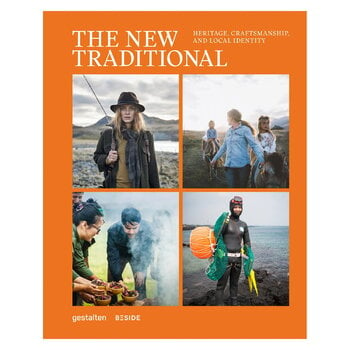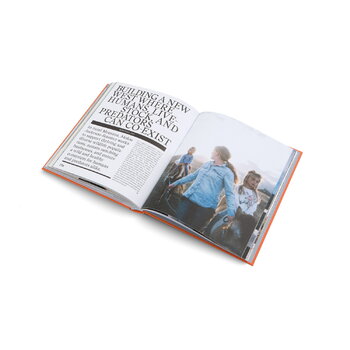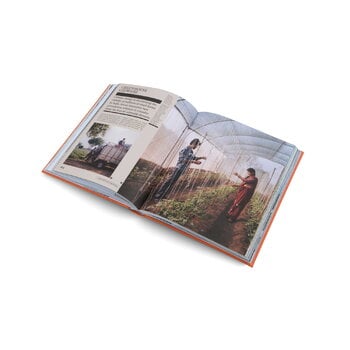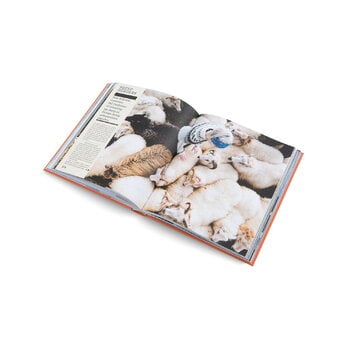Published by Gestalten, The New Traditional: Heritage, Craftsmanship, and Local Identity delves into contemporary ways of preserving and reinventing old traditions, folklore and heritage. The captivating photos and stories provide an inspirational journey to local craftsmanship, lifestyle and rituals in different corners of the world.
A new generation wants to lead a more meaningful and sustainable life by reconnecting with heritage and traditions. As a way of inspiration, The New Traditional looks to the craftsmanship, lifestyle, and unique experiences of the people keeping these practices alive. From blacksmithing, weaving, sake making, tending sheep, or simply having a sauna, the book tells the stories of those devoting their energy, skills, and creativity to such activities. Immerse yourself in the traditions that have defined our cultures, and that reveal our connection to what makes us human.






















